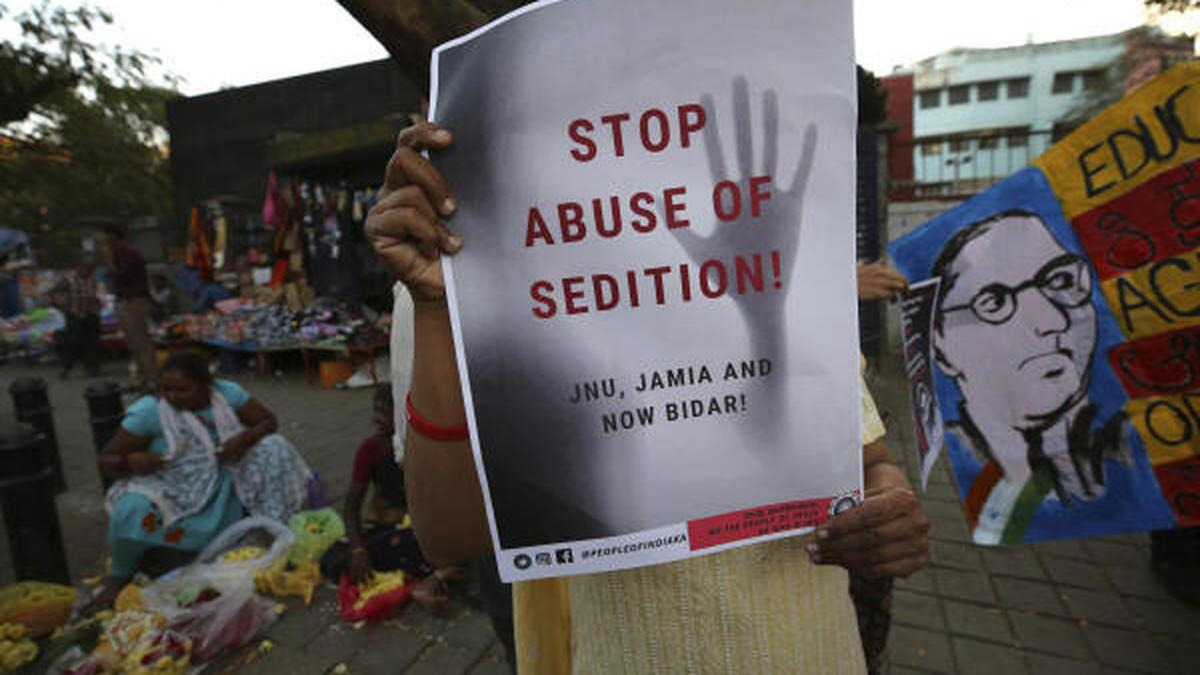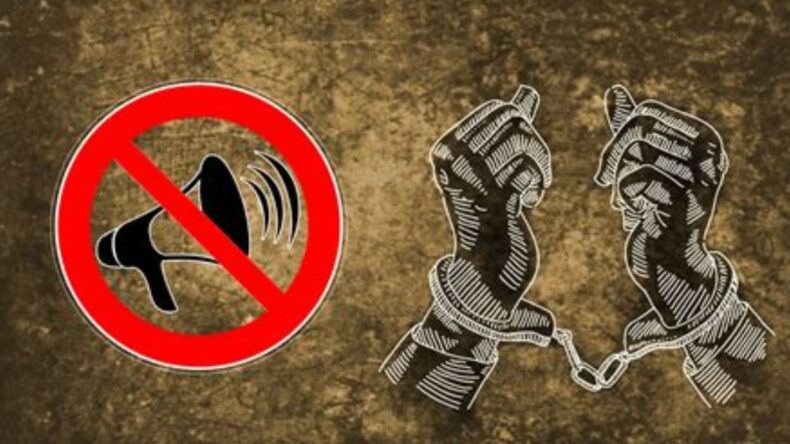The Law Commission’s report recommends retaining Section 124A of the IPC while introducing amendments for greater clarity in the sedition law.
The 22nd Law Commission has submitted its report to the government, stating that Section 124A of the Indian Penal Code (IP) dealing with sedition should be retained. However, the commission suggests introducing certain amendments to bring clarity regarding the usage of the provision. It proposes issuing model guidelines by the Centre to curb any potential misuse by law enforcement authorities. It highlights that while sedition may have colonial origins, it does not justify its repeal. The commission warns that repealing Section 124A could have serious adverse ramifications for national security.

Need for Clarity and Guidelines
The Law Commission emphasizes the importance of laying down procedural guidelines to prevent the misuse of Section 124A. It suggests incorporating a provision similar to Section 196(3) of the Code of Criminal Procedure (CrPC) as a proviso to Section 154 of the CrPC. This would ensure procedural safeguards before filing a First Information Report (FIR) related to an offense under Section 124A of the IPC. The commission believes that curbing misuse through guidelines is necessary, rather than advocating for the repeal of the sedition law.
The report addresses the argument that sedition is a colonial legacy and should be repealed on that basis. The Law Commission argues that the colonial origins of a law, by themselves, do not justify its repeal. It highlights that the entire framework of the Indian legal system, including the police force and the All-India Civil Service, also have colonial origins. The commission states that merely labeling a law or institution as colonial does not automatically make it outdated or invalid.
Sedition Law and Other Legislation
The Law Commission clarifies that existing laws such as the Unlawful Activities (Prevention) Act (UAPA) and the National Security Act (NSA) do not comprehensively cover the elements of the offense outlined in Section 124A of the IPC. It highlights that in the absence of Section 124A, expressions inciting violence against the government would fall under the purview of special laws and counter-terror legislation, which have more stringent provisions and that repealing Section 124A could have unintended consequences, providing subversive forces with a free hand.
Historical Significance and Contemporary Relevance
The report also delves into the historical significance of Section 124A of the IPC. It acknowledges that the provision has been historically used against India’s freedom fighters during the colonial era. However, it argues that historical origins alone do not render a law obsolete or unjust. The commission contends that Section 124A holds contemporary relevance in safeguarding the nation against acts that incite violence and pose a threat to the government. It asserts that the provision serves as a deterrent against subversive activities and plays a crucial role in maintaining the security and integrity of the country.
Additionally, the report highlights the unique realities of India’s legal system. It asserts that each country’s legal framework grapples with its own set of challenges and societal dynamics. Merely comparing the sedition laws of other nations that have repealed similar provisions overlooks the specific context and ground realities of India. The commission asserts that decisions regarding the repeal or retention of Section 124A should be grounded in an understanding of India’s socio-political landscape and the need to balance individual freedoms with the protection of national interests.
Upholding National Security and Integrity
The Law Commission warns against the complete repeal of Section 124A, as it could have serious adverse ramifications for national security and integrity. It suggests that alleged misuse of the sedition law can be curbed by introducing adequate procedural safeguards. The commission cautions that repealing the provision would give subversive forces an opportunity to further their sinister agenda without sufficient legal deterrents.













